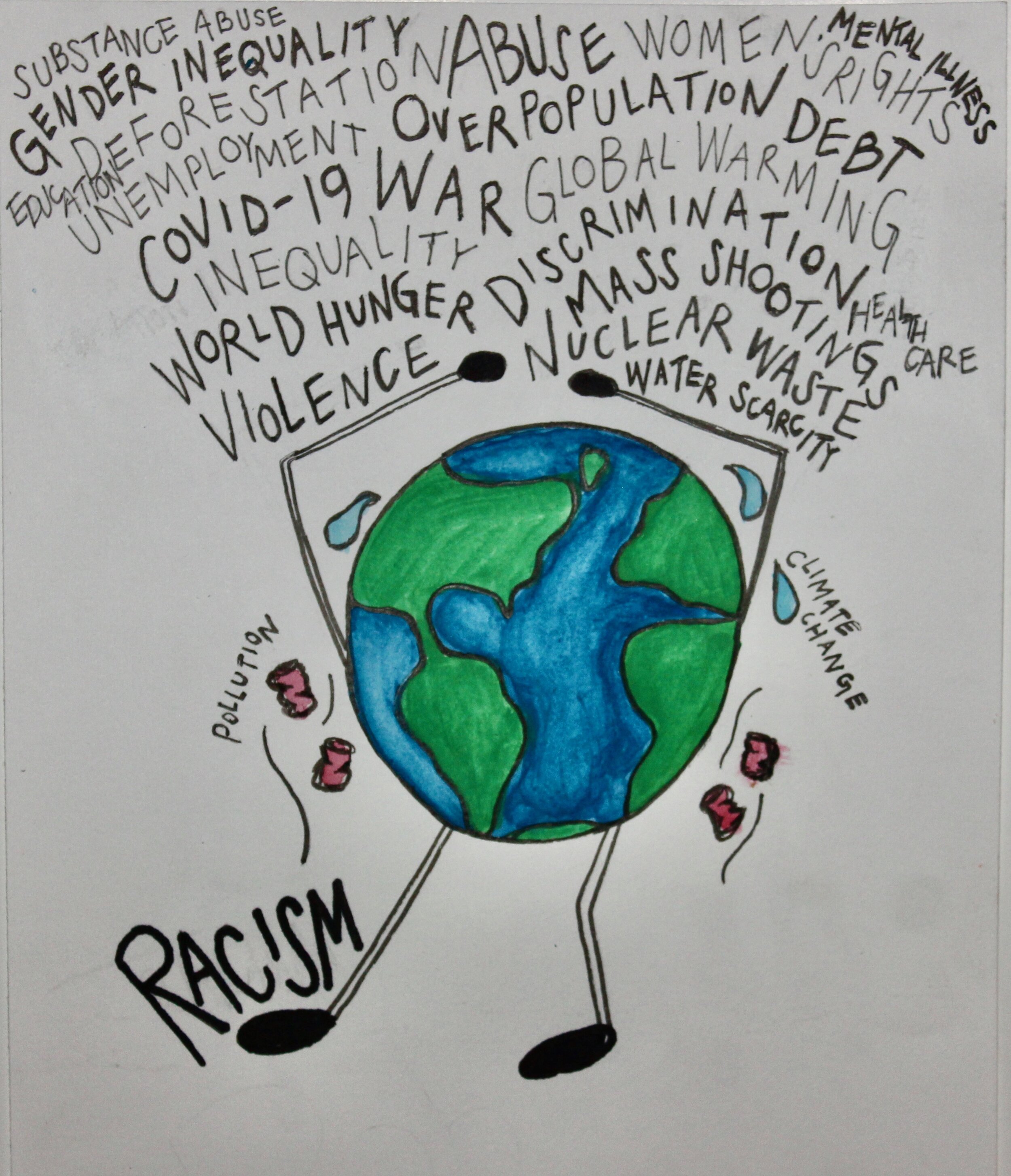My ninth-birthday plans included skipping school to go to The Portland Zoo with my best friend, followed by my favorite dinner—broiled flank steak, baked potatoes, birthday cake and ice cream. Perfect plans for my birthday docket.
Then The Columbus Day Storm of 1962 hit the Pacific Northwest. It was the most powerful extratropical cyclone recored in the U.S. in the 20th century. 46 people died, and hundreds were injured. If your home wasn’t damaged, you were the exception. The cost of damages in Oregon alone were estimated to be more than 200 million in 1962 dollars. Few if any escaped this storm unscathed in some way.
We were at the zoo when the wind started to blow, wind that would eventually top 100 mph. Running for the car we passed an exhibit where large birds were being tossed into the air like bean bags. Driving home I remember seeing a mop fly in front of our car, and tall trees crashing across the road out our rear window. We made it home just in the nick of time. The power went out, the wind howled, trees toppled in our yard, broken branches blew against the windows, and the huge black walnut tree in our back yard bent nearly in half over our roof. Thankfully it stood strong, or I might not be writing this today.
On that dark and stormy night, my biggest concern as a little nine year old girl wasn’t for the damage being done outside as the winds ravaged cities up and down the West coast, or the safety of those caught in the cross-hairs of the storm. It was, of course, for my birthday plans that had been blown to smithereens.
Now I loved the zoo. But what I really loved was flank steak. Prepared just the way my mom made it, there was nothing better. Marinate it for several hours, spread Dijon mustard on it, put it under the broiler, and don’t, under any circumstances, overcook it. (If it turns out anything but rare, you might as well throw it out and start over.) Slice it thin and serve it up with baked potatoes oozing with butter.
No electricity? No flank steak and baked potatoes oozing with butter.
No flank steak and baked potatoes oozing with butter? No birthday dinner.
No birthday dinner? No birthday.
Mom saw it a little differently..
No power to broil the steak or bake the potatoes? No problem. Out came an old-school hibachi, hot dogs, and potatoes chips. We ate my birthday dinner by candlelight, sitting on a checkered table cloth on the floor in front of the fire.
That was the night I first remember watching my mom do one of the things she did best. She made a picnic in the storm, literally. Time and again, she brought us together, made something good out of something bad, and created beauty in the midst of almost any mess, leaving a legacy that every one of us can live into today.
The gale force winds of 2020 show little sign of abating. There have been over a quarter of a million deaths, and 12.5 million cases in the United States, and it isn’t over yet. The economic fallout is hard to fathom, and few if any will come out of this year unscathed. If ever we needed to learn to make a picnic in a pandemic storm, it is now, and this holiday season, as difficult, devastating, and disappointing as it might be, is a place to start.
Whether it means huddling together outdoors around a fire pit, setting a place for one or two using our best china, cooking treasured family recipes and making extra to pass across the fence to our neighbor, supporting our local restaurants by ordering takeout, or lifting a glass around our separate tables over Zoom, anytime we can find the will to make a picnic in this storm, we are smoothing the way through a rough patch in our shared history.










